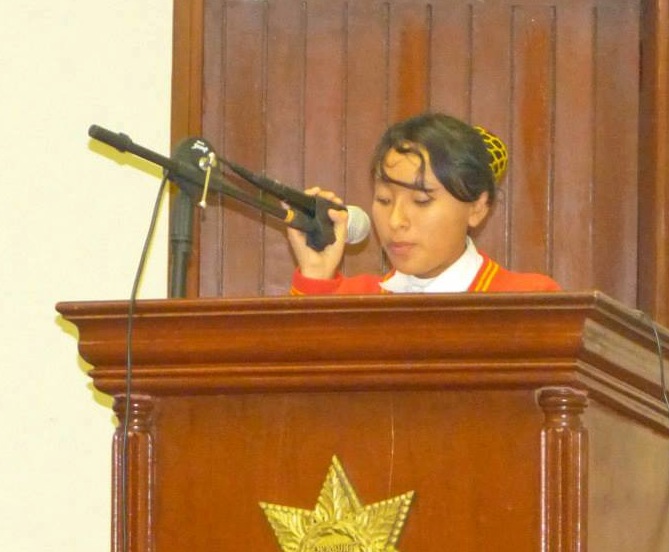Protagonismo is a concept that is often very difficult to translate into English, and it is a concept that has been developing over time in Latin America since its emergence in the popular movements in the 1960s and 1970s. Both the movements themselves and many social scientists and analysts began speaking about “protagonismo popular” to describe the collective action and engagement of the poor, whether it be in neighborhood associations or labor unions. From this historical moment, protagonismo has had a fairly open, and yet also distinctive meaning. Within the movements of working children, there has been a fair amount of writing that has tried to elaborate on this concept, to articulate what it means for children to have “progatonismo” or to be “protagonica.” Alejandro Cussianovich, one of the movement’s founders, and an important theorist, has written a great deal about this, and has argued that the idea of children’s protagonismo makes up a key part of a Latin American theory of childhood.
Protagonismo is not unrelated to the idea of a protagonist, in the literary sense. It suggests the ability to act, to move a story forward. It is clearly an active, not a passive position. According to one piece written by some of the youth in the movement, “protagonismo expresses the presence of children and youth as social and political actors.” Protagonismo implies agency, an individual’s capacity to act in the world.
But it is not an entirely individualist concept – it is also a collective one. An individual can be a protagonist, but the protagonismo of children, as it is invoked by these movements, also implies children working together in organization, and developing and enacting their protagonismo as a group. Tied to the history of social movements, it doesn’t just imply that children are capable social actors, but that they can be a collective entity, a social sector, just like “workers” or “women,” or “the indigenous,” etc, and that this entity has particular interests. According to one text, “children’s protagonismo initiates and develops a process of restructuring the world in the best interests of children.” It also implies a challenge to children’s lower status, it suggests that children are not “less than” others, and that they have important roles to play in the world. It also suggests that they can and should be the ones who make decisions about their own lives (with the support of adults).


Leave a Reply